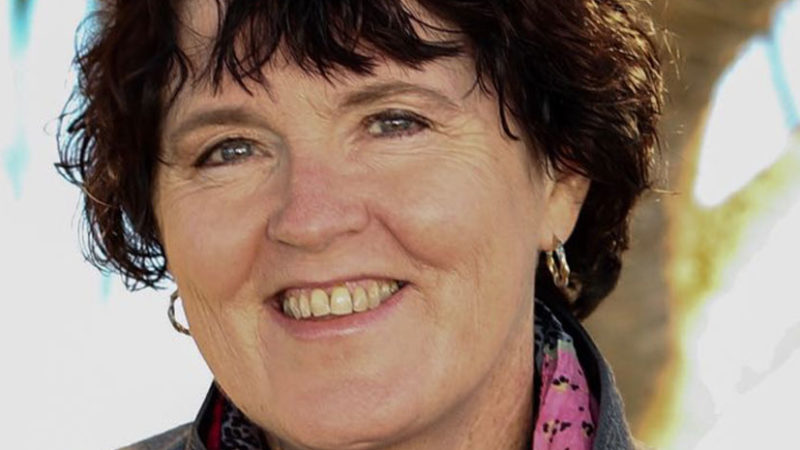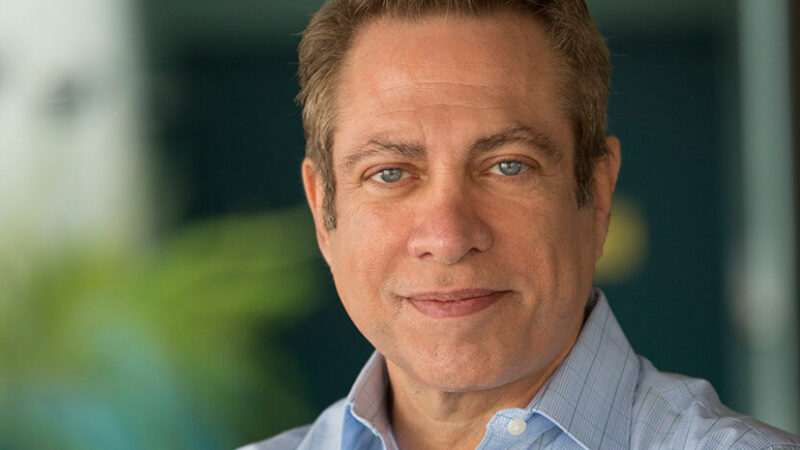David Kessler is widely considered the world’s foremost expert on grief and loss. He is the author of six books, including the new bestseller Finding Meaning: The Sixth Stage of Grief, and the founder of grief.com, which has more than five million visits annually from people in almost 170 countries. David has taught physicians, nurses, counselors, police, and first responders about the end of life, trauma, and grief. He facilitates talks, workshops, and retreats for those experiencing grief, and his experience with thousands of people on the edge of life and death has taught him secrets to living a happy and fulfilled life, even after tragedy.
In this podcast, Sounds True founder Tami Simon speaks with David Kessler about his new book, including how our relationships transcend death and how we can all continue to love and cherish those we’ve lost. They also discuss David’s friendship and work with Elisabeth Kübler-Ross; misconceptions about the five stages of grief; finding meaning as the sixth stage of grief; why all grief does not have trauma, but all trauma has grief; making the decision to participate in life after loss; the importance of telling our stories, and why our grief must be witnessed in order to be healed; creating a grief-literate society; why “what we avoid pursues us, what we face transforms us”; how our lost loved ones can move forward with us in life; being with and there for someone in grief; our “continuing bonds” with those we’ve lost, and how death can never end our relationships; and more.





